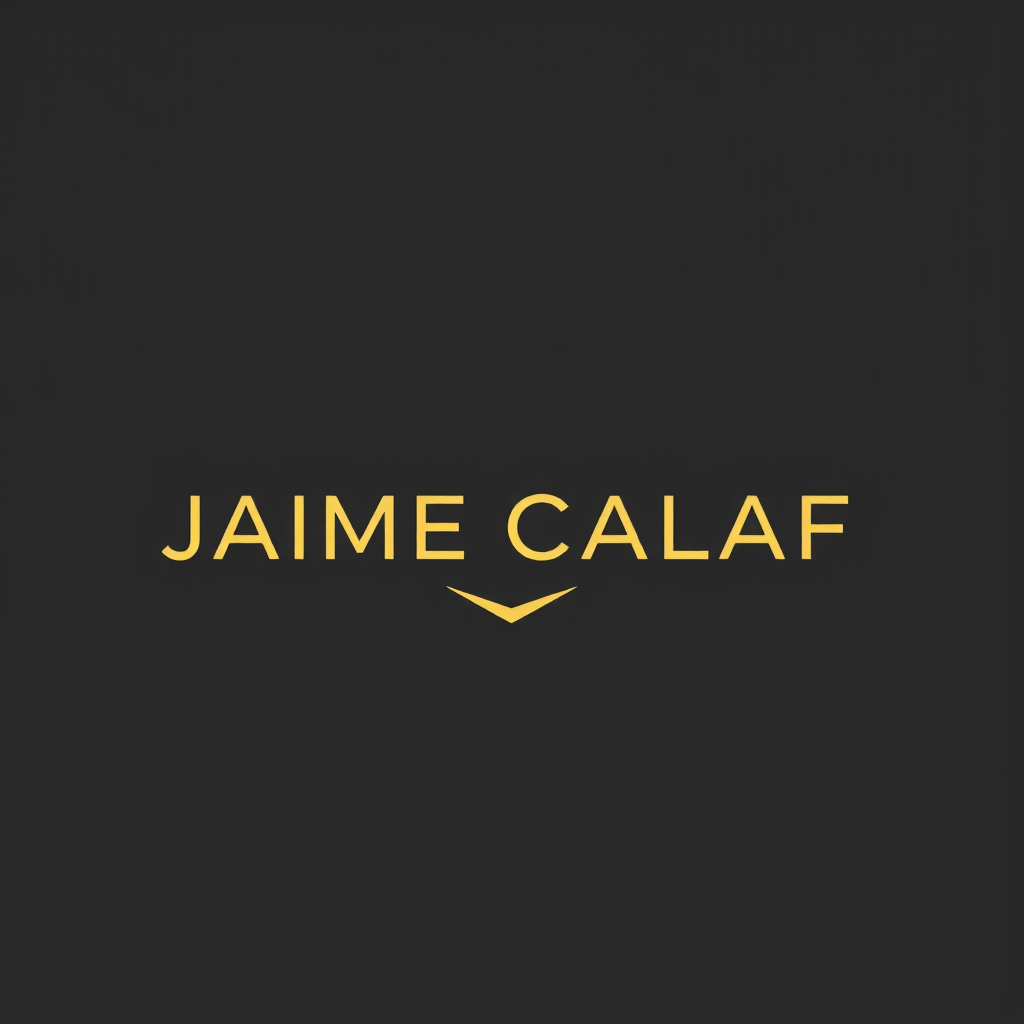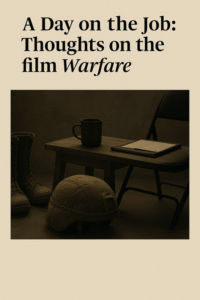Countless organizations have a “bring your kid to work” day. Warfare immerses the audience in a workday in Ramadi, Iraq—circa 2006. The film feels like work—brutal, urgent, high-stakes work—but still, work. Before going further, I want to be clear: while there are parallels in team dynamics and professional execution, I fully respect the uniquely high stakes and sacrifices of military service. That said, what struck me most about Warfare wasn’t the action—it was what it left out.
The lack of character depth—no “getting to know who’s who in the zoo”—is what sets it apart. Warfare doesn’t provide a backstory or give you anyone to root for. It doesn’t slow down for politics, family flashbacks, or inspirational speeches. It simply drops you into a single day with a military unit and states, “This is what happened one day at the office.”
There’s something familiar in the rhythm of this unit. The film neither glorifies them nor vilifies them. There’s no drama beyond what unfolds, no sugar-coating, and no dialogue that feels out of place. It simply shows them: tired, sharp, sometimes irritable, occasionally funny—but always moving forward. It doesn’t stop; it just moves to the next task. Much like in business, amid the endless projects and meetings, it’s about solving one problem after another. The job demands it.
It’s not glamorous, and it isn’t theatrical. It’s about sustained pressure—one decision at a time, no matter what’s in front of you.
And that’s what stuck with me. The profession exists to advance the mission and ensure the enterprise’s survivability. Sometimes there’s no victory—just living to see another day and going out again. This isn’t a film about transformation. No one grows. No one is redeemed. There’s no character arc. Just execution. You get the sense that tomorrow will look a lot like today: another mission, another problem, another risk accepted without complaint—except someone from your team won’t be there. But the work doesn’t stop. The mission keeps moving.
That’s the brilliance of Warfare. It captures a truth we rarely see in fiction: that meaning doesn’t always come from narrative arcs. Sometimes, meaning comes from showing up. From doing the work. Keeping it professional. Working as a team. Knowing when to step back and allow someone else on your team to run point. Solving problems. Keeping the mission on track.
It reminded me that the stakes don’t make something meaningful—the commitment to the profession and your team does.
Real business—not the posturing you see online—feels more like this, minus the risk of loss of life. Most of the time, there’s no glory—just the work. And after that project or task is done, you keep moving to the next, and the next. Sometimes you’re too tired or beat up to be profound, and too far in to back out. But if you’ve got a good team, you keep moving forward anyway.
That’s what I took from Warfare. Not a cinematic spectacle—but a mirror. Not to the violence of war, but to the weight of responsibility when quitting isn’t an option and comfort isn’t on the menu.
It’s just a day on the job—and in their case, a typical day in war.

